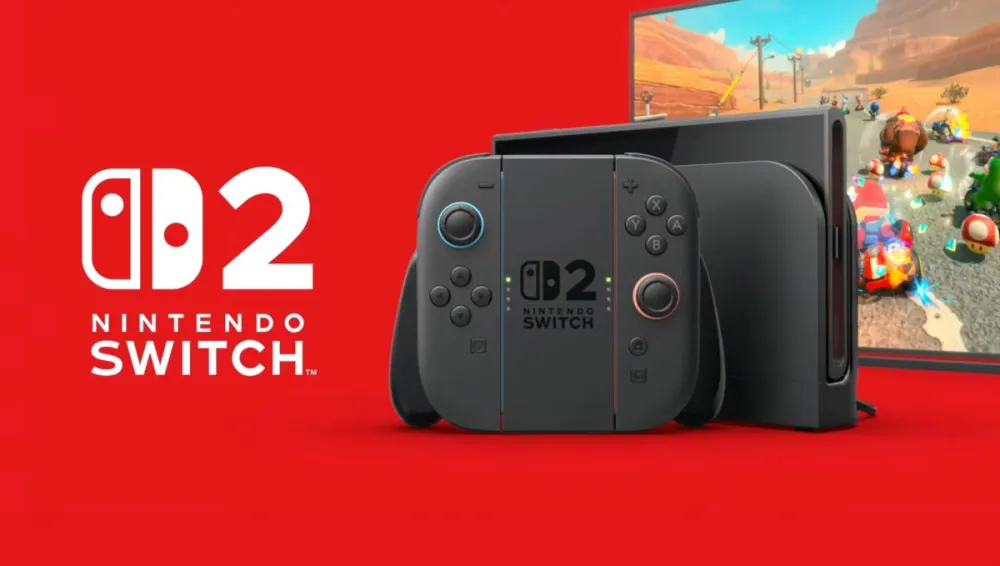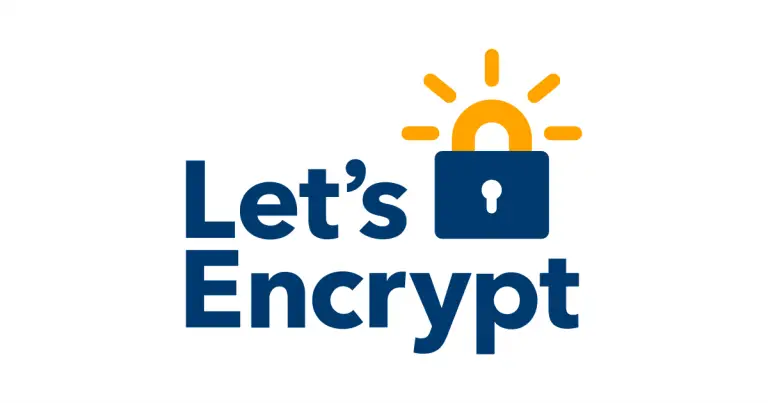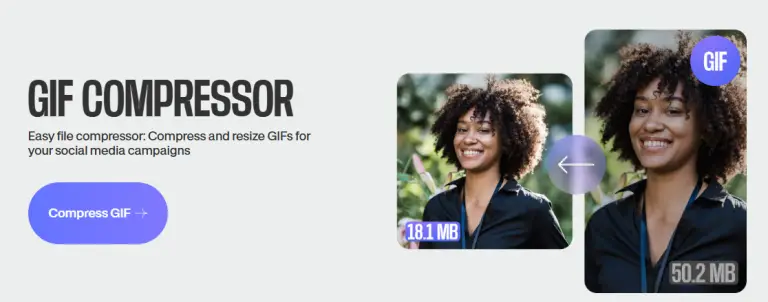
Nintendo has recently updated its account usage policy, introducing clauses that grant the company the authority to remotely disable a player’s Nintendo Switch if it detects pirated games or unauthorized software on the device. Additionally, the revised terms stipulate that any legal disputes must be resolved through individual arbitration in court, explicitly prohibiting class actions or collective lawsuits against Nintendo.
In the newly adjusted terms of service, Nintendo clearly states that users are forbidden from bypassing, modifying, decrypting, damaging, tampering with, or otherwise circumventing any features or security mechanisms of its services. Previously, the terms merely prohibited adaptation, modification, or reverse engineering, but the latest revisions explicitly target and prohibit specific types of unauthorized behavior on the Nintendo Switch. Should a player violate these terms, Nintendo reserves the right to remotely deactivate the affected console.
This change appears to be closely tied to Nintendo’s previous legal actions against Switch emulators such as Yuzu and Ryujinx, and is likely a preemptive measure to safeguard the upcoming Nintendo Switch 2 from the threats posed by piracy and emulation software.
Moreover, the updated terms emphasize that users involved in disputes with Nintendo must pursue legal action on an individual basis through arbitration and are barred from joining class action lawsuits or participating in jury trials.
Nintendo affirms that these provisions apply to all legal matters arising between players and the company, extending beyond account-specific issues or objections to the terms of service themselves. It underscores that any conflict must be addressed solely by the individual user through the courts, seemingly to prevent the complications and liabilities associated with collective legal actions.


